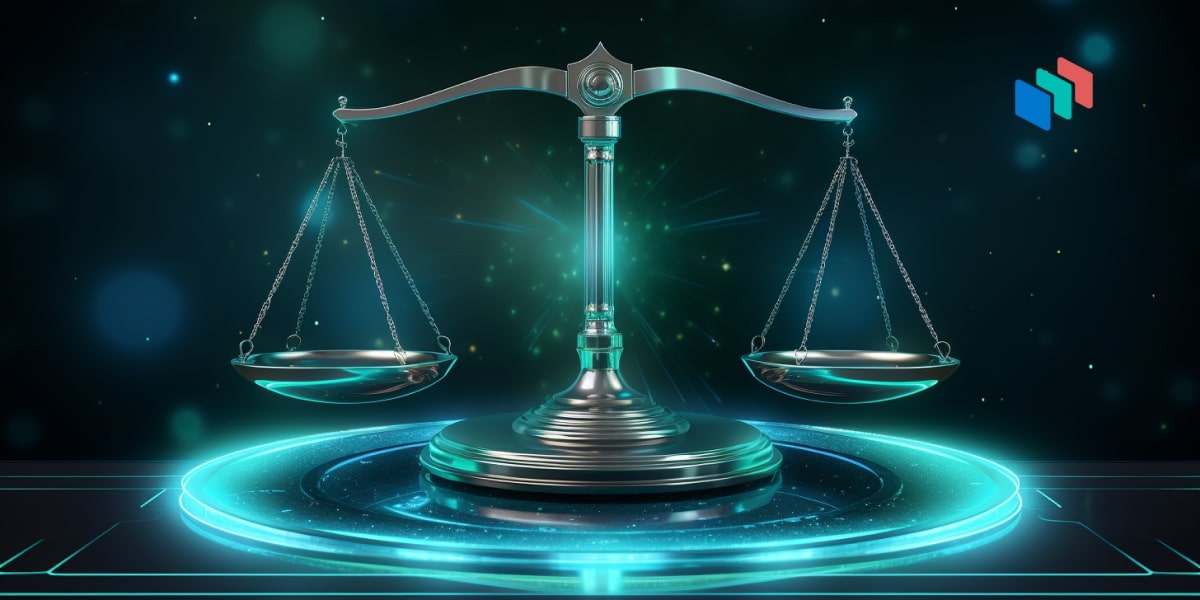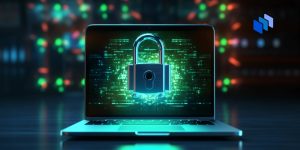What Does Charge Mean?
An electric charge is the property of matter where it has more or fewer electrons than protons in its atoms. Electrons carry a negative charge and protons carry a positive charge. Matter is positively charged if it contains more protons than electrons, and negatively charged if it contains more electrons than protons.
Techopedia Explains Charge
An electric charge occurs when the atoms of matter contain unequal numbers of electrons and protons. Protons are positively charged and electrons are negatively charged. These charges, called elementary charge, are equal and opposite. If there are fewer electrons, an item is positively charged. If there are more electrons, an object is negatively charged. Objects with the same charge repel, but if one object has a negative charge and the other a positive charge, they attract. The ancient Greeks discovered this principle when they rubbed fur against amber, producing static electricity.
The net charge is equal to the sum of all the charges’ atoms taken together. Since it is so difficult to count them all, an ideal number, known as the coulomb, is used to represent a large numbers of elementary charges. This is approximately 6.24 x 1018 elementary charges.
A charged object produces an electrostatic field around it, proportional to the amount of charge. The strength of the field diminishes at the square of the distance from the object, obeying an inverse square law.





